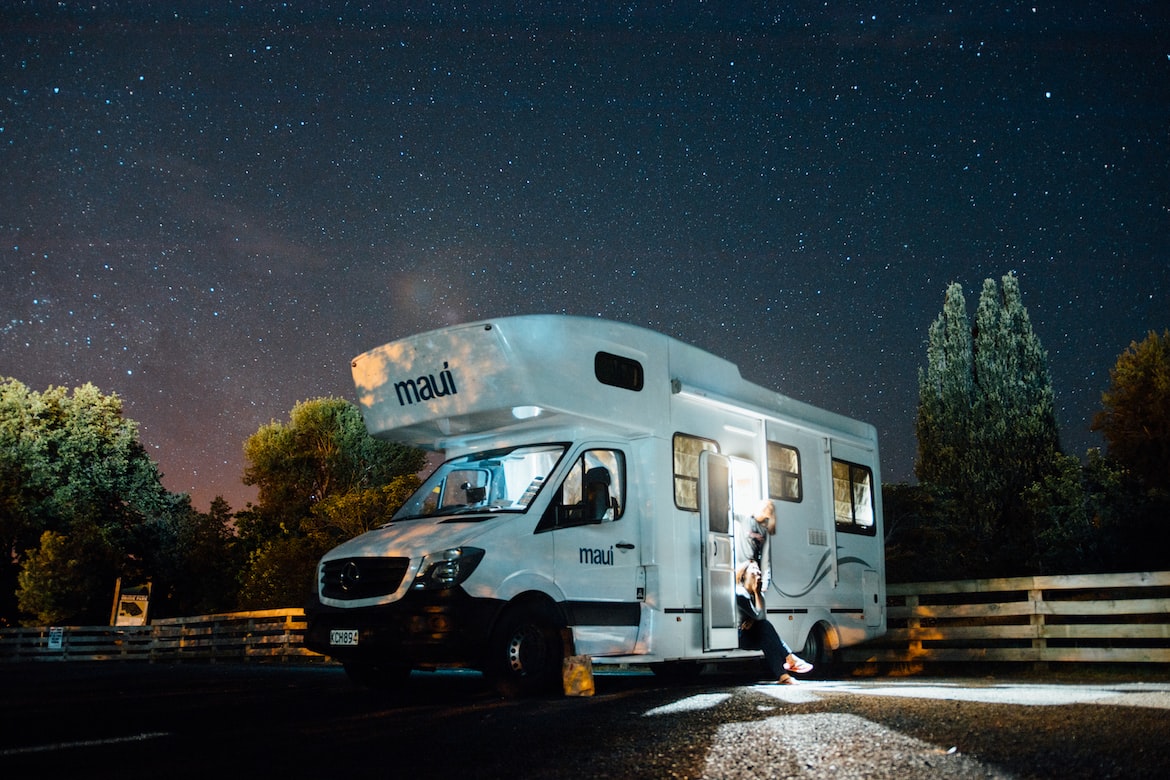
RVing is becoming an increasingly popular way for people to enjoy vacations, whether it’s making long trips across the country or spending a week off the grid. But with any big purchase comes many considerations—especially when it comes to money. When considering owning an RV of your own, you need to think about the financial implications—not only now but in the future as well. From fuel costs and maintenance fees to insurance premiums and storage charges, there are a plethora of finances to consider when deciding if this type of life increase is right for you and your budget. In this blog post, we’ll break down all of these costs—and potential savings—so that you can make an informed decision on whether buying an RV will be worth pursuing!
Consider the Upfront Costs of an RV
If you are considering the purchase of an RV, it is important to weigh the upfront costs carefully. While RVing can be a wonderful way to explore the world around you, it is also a substantial investment. There are a lot of factors to consider, from the cost of the vehicle itself to the insurance, maintenance, and fuel costs that come with it. You may also want to factor in campground fees and other expenses that come with RV living, such as food and entertainment costs. That being said, for many people, the upfront investment is well worth it in exchange for the freedom and flexibility that RVing offers. Just be sure to examine your budget carefully and plan ahead to ensure that you are making a responsible decision for your financial health. You can also find affordable RV loans and financing options to make the purchase more manageable. If you plan ahead and carefully consider your budget, it is possible to enjoy the RV lifestyle without breaking the bank.
Review the Ongoing Expenses of Owning an RV
Owning an RV can be a great experience, but it’s important to consider the ongoing expenses that come with it. From regular maintenance and repairs to gas costs and campground fees, these expenses can quickly add up. However, the convenience and freedom of being able to travel and explore at your own pace make it worth the investment. It’s important to budget accordingly and prioritize your spending to ensure that you can continue to enjoy your RV for years to come. Whether you’re a full-time RVer or just enjoy occasional trips, understanding the ongoing expenses of owning an RV is crucial for a successful and enjoyable experience.
Understand All RV Maintenance Requirements
As the proud owner of an RV, it’s important to understand the maintenance requirements in order to keep your vehicle in top shape and extend its lifespan. From checking the oil and fluids to inspecting your brakes and tires, there are several key areas to focus on to ensure your RV stays running smoothly. You’ll also want to schedule regular inspections and cleanings to prevent any potential problems and catch any issues early before they turn into costly repairs. With a little bit of knowledge and effort, taking care of your RV can be a breeze and help you enjoy many more adventures on the open road.
Weigh the Pros and Cons of Insurance Coverage for Your Vehicle
When it comes to insurance coverage for your vehicle, it’s important to weigh the pros and cons to ensure you’re making the best decision for your situation. On the one hand, having coverage can ease the financial burden if you’re ever in an accident, paying for damages and medical expenses. Additionally, some policies also include coverage for personal items in the RV—such as clothing and electronics—which can be invaluable if anything gets stolen or damaged while you’re on the road. On the other hand, insurance premiums can add up quickly over time and may not always be worth the cost depending on how frequently you use your vehicle. Take some time to research different plans and look into any discounts that may be available. Doing so will help you make an informed decision and ensure that your RV is properly protected.
Ultimately, you should do your research and be aware of all the aspects that come with owning an RV before heading out on the open road. With the possibility to make lifelong memories, it is important to be conscious of all of the upfront and ongoing costs associated with owning this type of vehicle. At first glance, investing in a newer model may appear cost-prohibitive, but with potential tax relief down the road and a variety of insurance coverage options, you may find yourself spending a whole lot less than you initially expect. Taking into account maintenance considerations is key for keeping your investment at its best and helping keep your RV running smoothly on its future adventures.











